Tag
#IAV
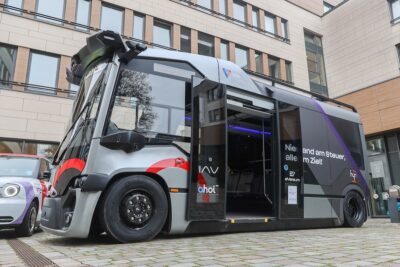
Hamburg borough of Harburg drives forward with autonomous shuttles
28.11.2024
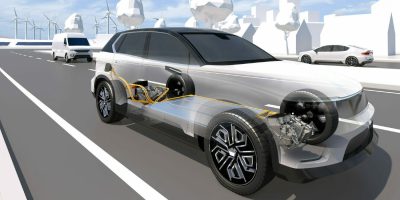
IAV presents modular light BEV platform
15.10.2021
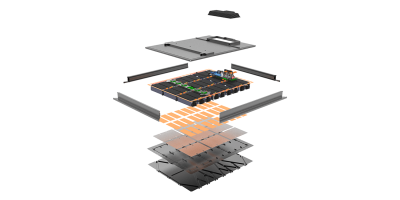
IAV presents battery concept with recycling focus
07.06.2021
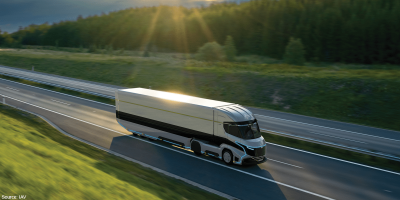
IAV and Webasto develop e-drives for commercial EVs
22.03.2021
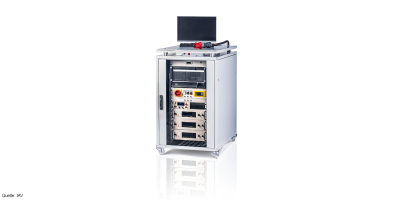
Mobile test stand for high-voltage components by IAV
20.01.2021
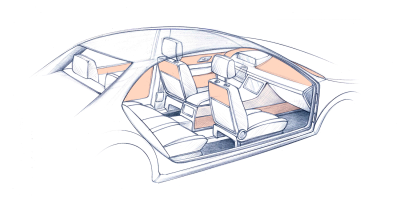
IAV & Louisenthal present new EV heating solution
12.11.2020

IAV announce EMC test centre near Stuttgart
31.08.2020
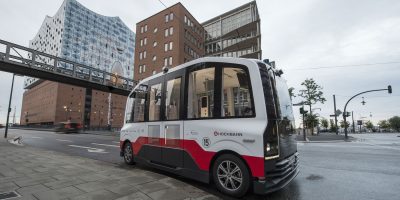
Autonomous electric shuttle to launch in Hamburg
31.07.2019
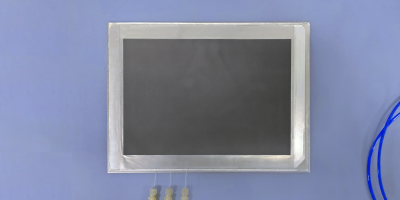
Bipolar batteries for longer range electric vehicles
27.11.2018

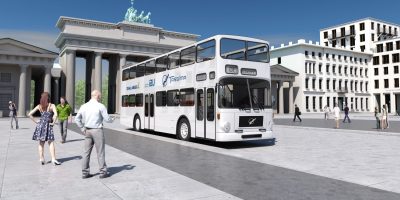

Last commented